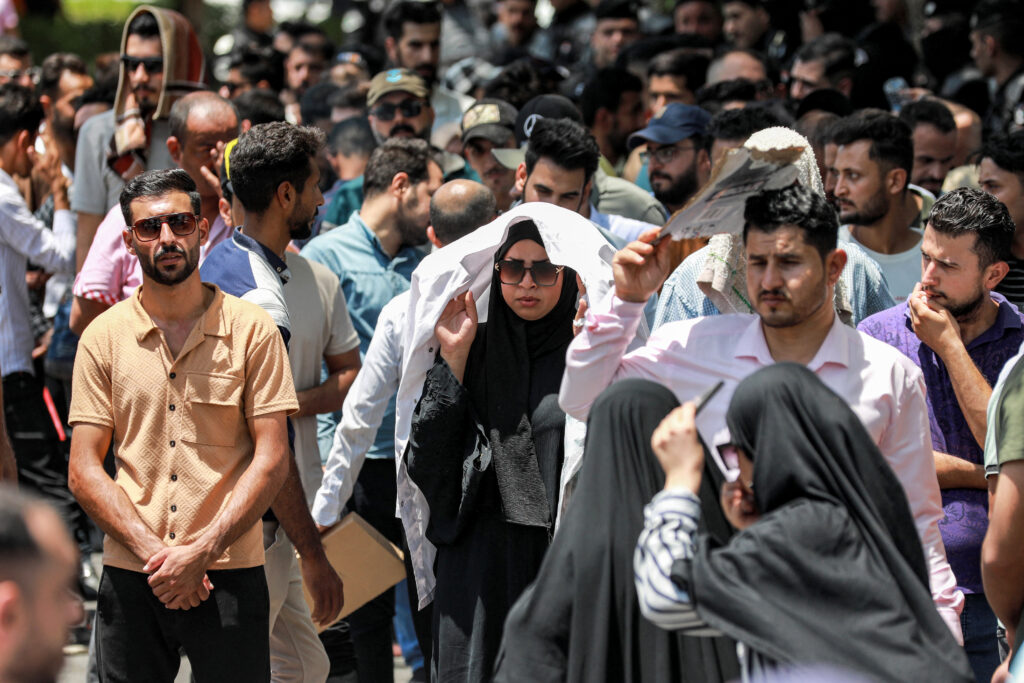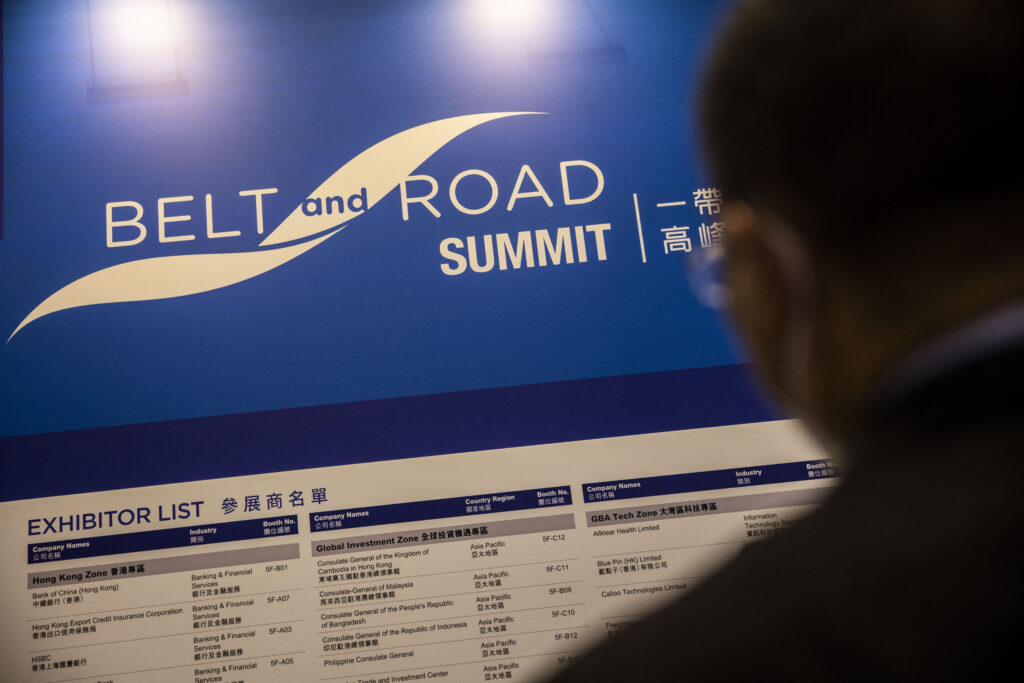Insight 313: Climate Exodus
- Leila Dagher, Nadim Farajalla, Hiba Jabbour and Mohamad Zreik
- -

Series Introduction
Climate-induced Security Challenges
Climate change – e.g., rising temperatures, rising sea levels, more frequent and intense extreme weather events – not only aggravates existing vulnerabilities such as food and water insecurity but can also lead to heightened competition over diminishing natural resources, widespread displacement, increased societal tensions and conflict.
While science has been unequivocal about the physical impacts of climate change, scientific evidence to support its link to security risks is tenuous. Understanding climate-induced security challenges is crucial, particularly for countries most exposed to climate change impacts. By providing evidence-based perspectives to improve our understanding of climate-induced security risks, this Insight series aims to generate insights that support crafting strategies to mitigate such risks.
CLICK HERE FOR THE FULL INSIGHT
Decades of political tension and conflict have led to mass displacement in the Levant, placing immense pressure on the region’s limited resources. Climate change acts as a risk multiplier, intensifying vulnerabilities through more frequent extreme events that reduce water availability and make agricultural production less predictable. The resulting competition for dwindling resources fuels tensions, exacerbating the region’s security challenges. As climate impacts worsen, conflicts over resources are expected to escalate, perpetuating a cycle of displacement that threatens regional and global stability.
Image Caption: Protesters shading themselves during a heat wave as they march in a demonstration over water scarcity and power outages in Baghdad, 18 July 2023. Photo: AFP
About the Authors
* Dr Leila Dagher is Assistant to the President for Public Policy, Associate Professor of Economics and founder of the Center for Policy Analysis at the Lebanese American University. She has previously served in various capacities, such as Economic Adviser to several public officials including the former Prime Minister, Director of the Institute of Financial Economics at the American University of Beirut (AUB), and Chairperson of the Department of Economics, AUB. Her research focuses on economic, environmental and social policy challenges with particular emphasis on the MENA region.
* Dr Nadim Farajalla is the inaugural Chief Sustainability Officer at the Lebanese American University. He has held senior roles in private sector projects related to water resources, environmental impact and infrastructure, across the Middle East, Africa and the United States. While at the American University of Beirut, he founded and directed the Climate Change and the Environment Program at the Issam Fares Institute for Public Policy and International Affairs. His research focuses on sustainable development, climate change impacts and the water–energy–food nexus.
* Ms Hiba Jabbour is an MA candidate in international affairs at the Lebanese American University (LAU), focusing on conflict, war and peace. Currently an analyst at COAR Global Ltd, she produces conflict sensitivity assessments and risk profiles for projects in Syria. Ms Jabbour also serves as a graduate research assistant and Educational Development Fellow at LAU. She has previously interned at UNDP Arab States, Transparency International Lebanon, and the Issam Fares Institute at the American University of Beirut.
* Dr Mohamad Zreik is a postdoctoral fellow at the School of International Studies, Sun Yat-sen University, China. He specialises in international relations, with a focus on China-Arab relations, the Belt and Road Initiative, and Middle Eastern Studies. Dr. Zreik has published extensively in top-tier journals on geopolitics, political economy and cultural diplomacy. He also serves as a consultant for the Centre for Lebanese Studies at the University of Cambridge. His recent works include books on Lebanon’s economic landscape and soft power in Asia and the Middle East.




